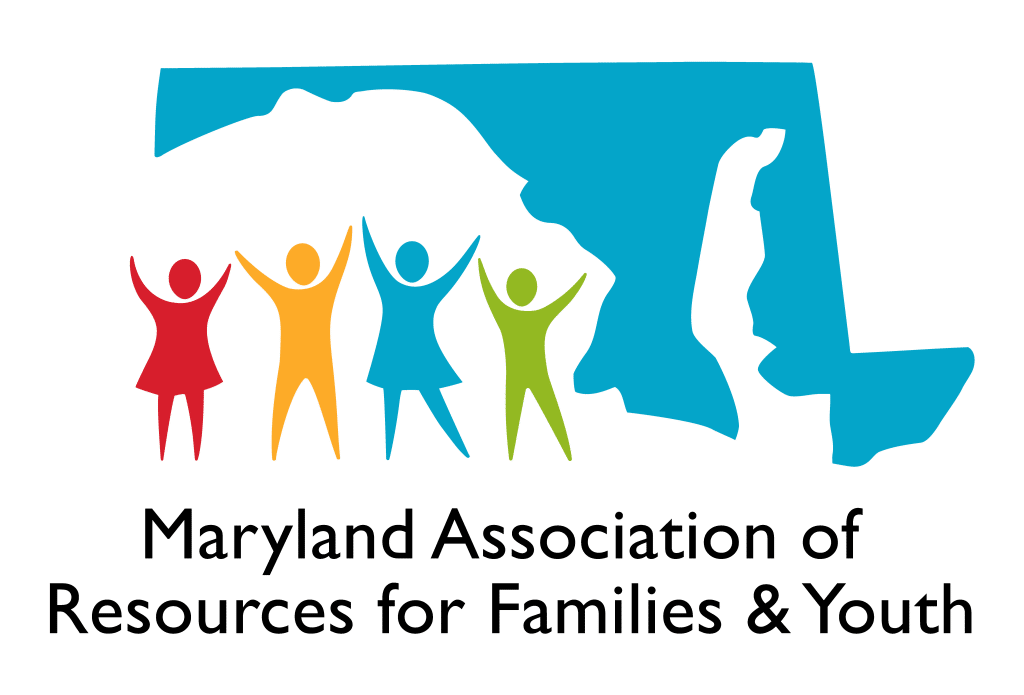As we discussed in last week’s 52 Tips blog post, nonprofit board members are needed now more than ever. Organizations are stretched and need strong support from their governing bodies. The Standards for Excellence code offers the important tenet that “Board members are in a position of trust to ensure that resources are used to carry out the mission of the organization.” Boards cannot allow a lapse in service, especially now when so much is uncertain.
You may find that board members have great intentions for being excellent board members but sometimes are simply not able to fulfill responsibilities – such as regularly attending board meetings. Perhaps one of your board members serves as an essential worker (such as a nurse or a doctor or is involved in the food supply chain) and their work in this arena places severe limits on their ability to attend board meetings during the time of the pandemic.
What if a dedicated board member wishes to participate but cannot attend a board meeting (or two or three or more)? What if the board member asked to send a proxy or a representative in his/her place? For situations like this, it is vital that we refer back to the Standards for Excellence code, especially the benchmark that states, “The board should be composed of individuals who are personally committed to the mission of the organization and understand their roles as fiduciaries in performing the legal duties of a governing body.”
There is a misconception that an individual board member can delegate his/her vote to another board member when he/she cannot be present at the meeting. This is not the case. Generally, the use of proxies is considered a breach of an individual’s fiduciary responsibility as a board member and is contrary to law in many states. Proxy voting (or sending a representative in place of a board member) is a practice that should be avoided at all costs. In situations like we are experiencing, where in-person meetings may be impossible, boards may wish to adjust their regular meeting time or day of the week in order to accommodate board members that may have less time for board activities during the current pandemic. For instance, your board may traditionally meet on Fridays at 10 am but may find that greater participation can be garnered if you moved board meetings to a weekend or weeknight instead of during its “regular” time. Of course, you’ll want to follow your bylaws regarding providing notice of board meetings. Many boards have likely moved their board gatherings to virtual settings so perhaps the fact that meetings are more efficient and do not include any commuting time may make a move to a time that is not traditional easier for all involved.
For more information on what voting practices are permitted (including proxy voting for boards as well as memberships), we encourage you to check out the Maryland Nonprofits Factsheet, Proxy Voting for Nonprofits, and the Standards for Excellence educational resource packet Board Member Responsibilities which includes helpful resources and discussion on topics such as proxy voting, governance, and fiduciary responsibilities, bylaws, board policies, expectations for board members, as well as board member development, training, and orientation.
This educational resource packet and the full series of all packets – including sample policies, tools, and model procedures to help nonprofits achieve best practices in their governance and management – can be accessed by contacting a Licensed Standards for Excellence replication partner, one of the over 150 Standards for Excellence Licensed Consultants, or by becoming a member of the Standards for Excellence Institute.
We share our sincere wishes for your continued good health and patience as we all navigate these challenging and uncertain times.
About the Author: Amy Coates Madsen

Amy Coates Madsen is the Director of the Standards for Excellence Institute, a national initiative to promote the highest standards of ethics and accountability in nonprofit governance, management, and operations, and to facilitate adherence to standards by all organizations. The Standards for Excellence Institute is a program of the Maryland Association of Nonprofit Organizations where Amy has served for more than twenty-two years. Amy is responsible for coordinating all aspects of the association’s comprehensive ethics and accountability program and efforts to replicate the program nationally. She serves as a frequent trainer and writer in the areas of board conduct, program evaluation, program replication, fundraising ethics, and nonprofit management. She has taught courses on nonprofit ethics and accountability at the Johns Hopkins Institute for Policy Studies Certificate Program on Nonprofit Management. She has held positions at the Trenton lobbying firm of the Princeton Public Affairs Group, and the Public Policy Liaison Unit at the world headquarters of Catholic Relief Services. Amy received her Master of Arts in Policy Studies degree from the Johns Hopkins University – Institute for Policy Studies in Baltimore, Maryland; and her Bachelors’s degree from the Virginia Polytechnic Institute and State University in Blacksburg, Virginia. Amy is a member of Phi Beta Kappa. Amy serves on the Internal Revenue Service Advisory Committee on Tax Exempt and Government Entities (ACT). Amy is a former member of the Disaster Action Team of the Central Maryland Chapter of the American Red Cross and is qualified to provide disaster preparedness training to children and adults. She has also served as the former President of Central Maryland CAN TOO and was a member of the Board of Trustees of the largest United Methodist Church in Baltimore City. She serves on the board of her children’s preschool PTA and is a volunteer with the Girl Scouts of Central Maryland. Amy is currently leading an effort to establish an endowment for the Virginia Tech University Honors Program.




